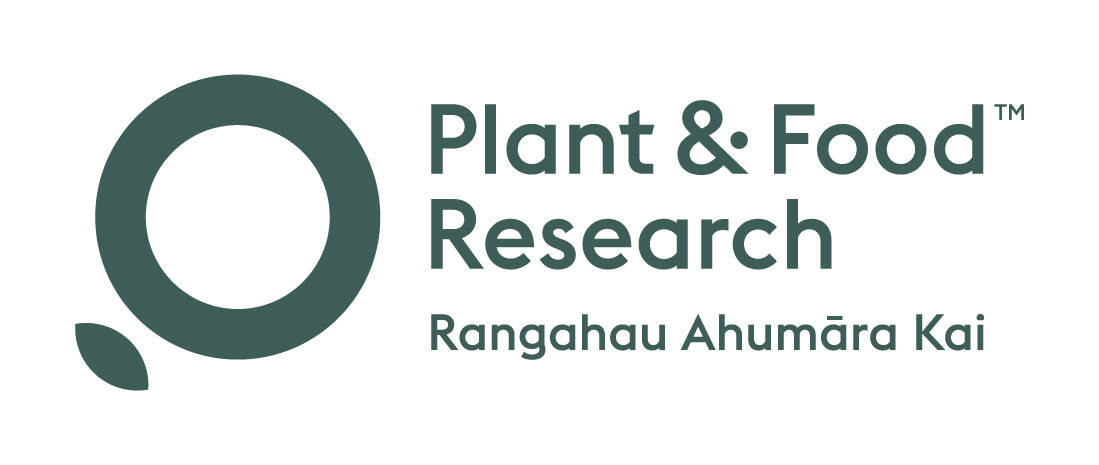Re-imagining aquaculture: inventing low impact, offshore mobile technology that transforms finfish production
This research will deliver new technologies and opportunities to significantly increase Aotearoa New Zealand’s high-value offshore finfish aquaculture, with a minimal environmental footprint.

Background
Aotearoa New Zealand has abundant ocean space but only a tiny percentage is used for fish production. The demand for seafood is growing and, while aquaculture already supplies around half of the fish produced globally, the space for inshore aquaculture is limited.
This project re-imagines aquaculture for finfish. It will develop new technologies for open ocean finfish aquaculture, delivering opportunities for Aotearoa New Zealand to sustainably increase fish production.
Māori have been involved in the research design from the outset to ensure they share in the opportunities generated and to incorporate Te Ao Maori / the Māori world view and principles of kaitiakitanga.
This project supports the New Zealand Government’s Aquaculture Strategy, which aims to help create a $3 billion industry by 2035.
Project details
The vision is to develop a scalable production system making offshore finfish aquaculture accessible to a wide range of Aotearoa New Zealand investors and produce significant benefits to the broader economy.
This will be achieved through development of a mobile aquaculture system for the open ocean. Unlike static aquaculture systems, designed to withstand the harsh conditions of the open ocean, a mobile system would provide resilience to climate change and warming oceans, enabling fish to be moved to optimal conditions.
A soft structure mobile system could enable aquaculture of new species aquaculture – e.g. taonga / treasured species like tāmure / snapper and ararra / trevally that cannot be reared in conventional static systems. The design takes a fish-centric approach that optimises health, welfare and growth and draws on a deep understanding of fish physiology and behaviour, wild fish harvesting, and alternate production systems.
What they hope to achieve
The project will develop a low-impact, low-cost, scalable, soft, mobile structure capable of enhancing open ocean finfish aquaculture. Technology is being developed to enable the mobile system to be monitored and operated remotely from land.
For conventional inshore finfish aquaculture, a Mobile Autonomous Production System (MAPS) will be used to produce sustainable and scalable growth and production systems.
Developing open ocean aquaculture technology could generate new export technologies, industries and regional jobs. The scalable technology will be accessible to a range of New Zealand investors and produce significant benefits to the broader Aotearoa New Zealand economy.

Resource

